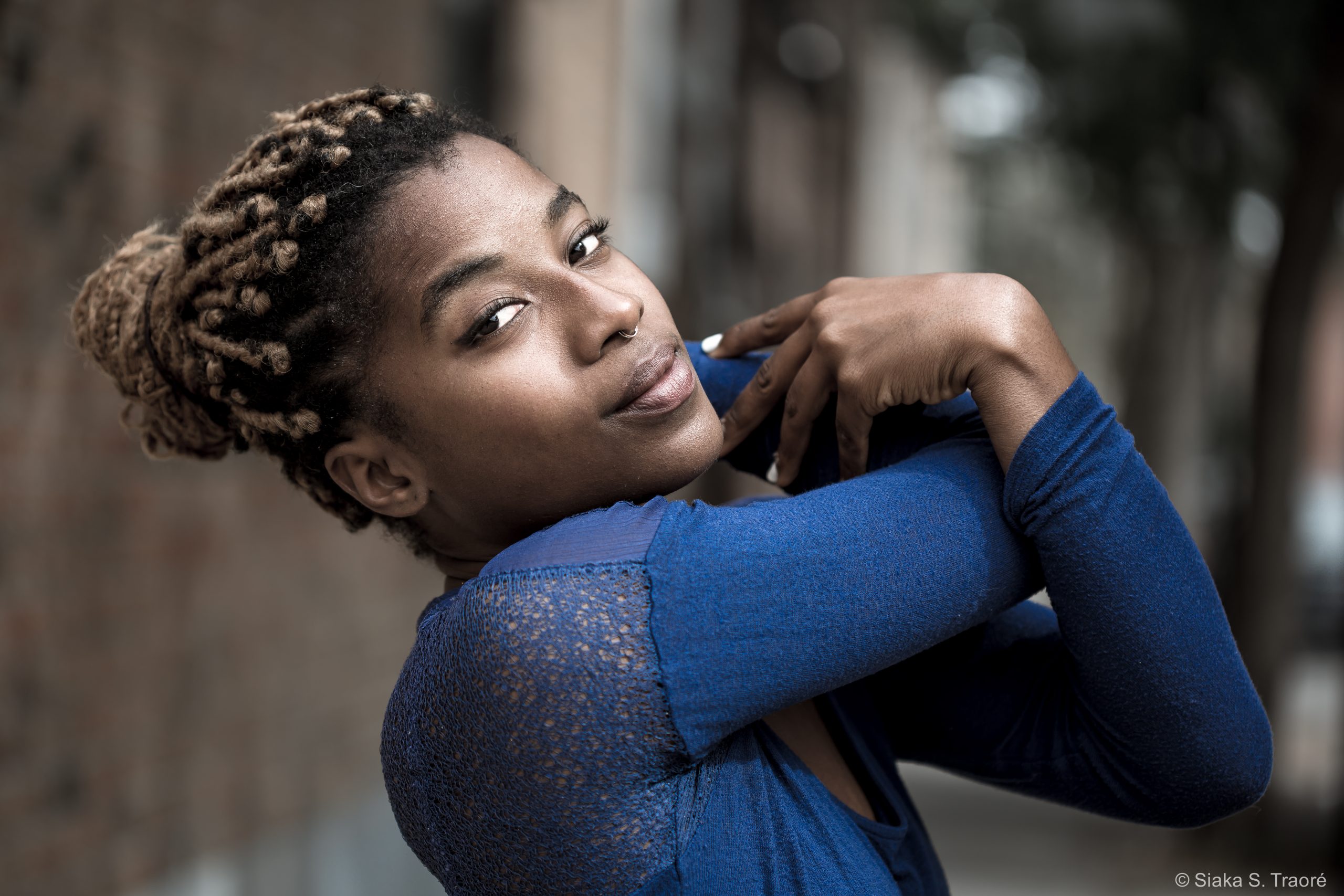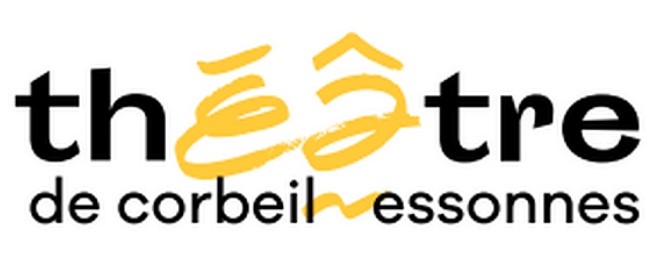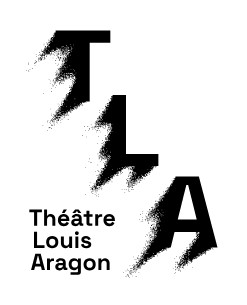Khoudia Touré
Choreographer
June 2026

- Dance
- Performing Arts
- Chicago
“The therapeutic power of dance allows for the expression of vulnerability, and thereby resilience. This process—through which displaced, isolated, and marginalized people collectively rebuild a new imagined space—is reflected in the birth of House dance and House music.”
I am Khoudia Touré, a Franco-Senegalese choreographer. Immersed in the energy of Hip-Hop since my teenage years, I trained as a self-taught dancer, first in Paris and later in New York. My choreographic work combines a hybrid movement vocabulary drawing from Hip-Hop, House dance, Krump, certain traditional dances of Senegal, and floorwork. I am convinced that dance is a powerful means of transcending borders, which led me in 2023 to create Compagnie KHOR.
In recent years, the residencies I have conducted in France and Senegal have brought me into contact with the prison environment in both countries, as well as with shelters for people who have migrated between Africa and Europe.
Through these shifts in territory, I have witnessed how they engage in survival processes to rebuild an identity, a sense of sociability, and reclaim a space of their own. I have seen moments where the therapeutic power of dance became fully evident—where it enabled the expression of vulnerability, which in turn became a factor of resilience.
This process—through which displaced and isolated individuals collectively rebuild a new, imagined space—deeply resonates with me. It has led me to a rediscovery of Hip-Hop culture, born from the empowerment efforts of marginalized communities in the United States. My residency at Villa Albertine in Chicago offers me the unique opportunity to explore the deep roots of House dance and House music, with a view toward creating my next performance.
Born into a mixed Senegalese and French family, Khoudia Touré grew up within the Hip-Hop scenes of both countries. Her choreographic journey began collectively with Compagnie La Mer Noire, through the two creations Gaou! and Lowela. Between 2018 and 2020, Khoudia was named a “Protégé” in the Dance category of the Rolex Mentor and Protégé Arts Initiative, under the mentorship of Canadian choreographer Crystal Pite. In 2022, she worked as an Associate Artist at Théâtre Louis Aragon, where she created her first piece, Óró. Bringing together young adults from three continents, the piece invited on stage the emerging dancers who took part in the creative process, spanning from northern Senegal to Dakar, Vancouver, Tremblay, and even Athens. Khoudia is currently an Associate Artist at Théâtre de Corbeil-Essonnes. She also stands out in several renowned international Hip-Hop competitions across different countries.
My project consists of a one-month residency in Chicago in June 2026, designed to feed into the research for my next creation. The musical composition of the piece will serve as my starting point. I intend to work through freestyle—the Hip-Hop concept of improvisation in direct response to music. The creation of a fully original soundtrack and the research process will therefore be central to this residency, with the goal of developing an opera-concert form and enriching my sound sketches and tracks by the end of the residency.
As part of this research, the Villa Albertine residency offers me the unique opportunity to “go back to the source” of House music’s emergence in Chicago. Intrinsically tied to music, the residency will also allow me to explore House dance by reconnecting with the intentions, meanings, and histories of certain movements. It will immerse me in African American cultures where I perceive rituals around the circle, relationships to others, and grounding—symbols that resonate across many Black cultures.
I plan to approach this through deep immersion in the city: site visits, encounters with music creators and DJs, exploring more underground spaces linked to club culture, and visiting gathering places where groups come together to dance—such as training spaces, which are emblematic of Hip-Hop culture. I am particularly interested in investigating the style of “Chicago Footwork.”
The opportunity to carry out this research in the United States is truly unique and, for me, highly symbolic.
A form of “journalism” emerges from my creative process: intertwined with choreography, I integrate fieldwork—encounters with local communities in the places where I am in residence—and traces of their testimonies. This is what had already led me, in my previous work Óró, to engage with different groups of young adults at the crossroads of Europe, Africa, and the Americas.
Throughout my artistic journey, the United States has been one of the most inspiring places, enabling me to flourish creatively and to understand how my practice is part of a larger cultural fabric. My residency will combine music and movement, but also the need for deep immersion in the environments that inspire my pieces—particularly at a time when, within Hip-Hop dance, the notions of memory and preservation carry special resonance.
This residency will also allow me to explore House dance, a true “melting pot” of diverse influences. This style was born out of club culture and the musical genre of House music, which emerged in the early 1980s between New York City and Chicago. Its name comes from the Warehouse, a Chicago club where different marginalized communities found a space to gather and connect. During this residency, I will be able to discover these legendary places. I also wish to conduct interviews with certain Chicago musicians and composers, in order to understand the original intentions and history of this musical genre, and to enrich my creation.
In partnership with

Théâtre de Corbeil-Essonne

Théâtre Louis Aragon

Département de la Seine-Saint-Denis

